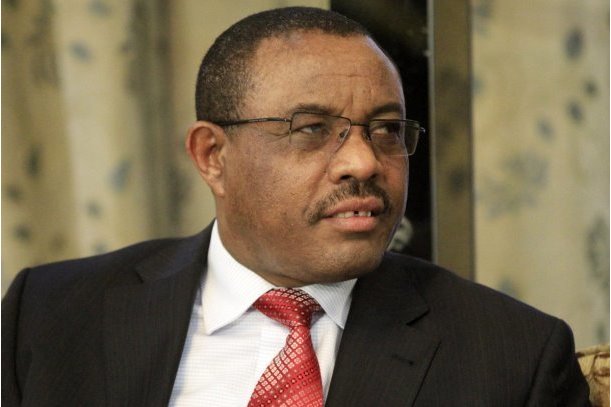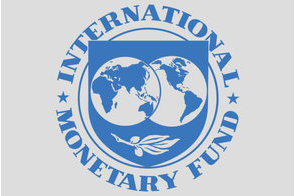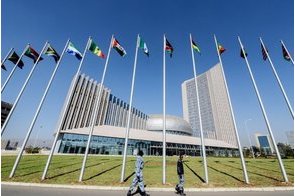Latest News
Amnesty petitions ACHPR on human rights crises in Ethiopia, Eritrea, Gambia

News Highlight
- Amnesty International said the African Commission should bring the existence of a series of serious violations of human rights to the attention of the AU Assembly.
The African Commission on Human and Peoples’ Right (ACHPR) has been called upon by Amnesty International to address the rapidly-escalating human rights crises in Ethiopia, Eritrea and Gambia.
In a statement issued today by the human rights organisation at the start of the 59th Ordinary Session of the ACHPR taking place from October 21 to November 4, in Banjul, Gambia, Amnesty International said the African Commission should make full use of its mandate to bring the existence of a series of serious violations of human rights to the attention of the African Union Assembly. The ACHPR has also been asked to develop effective follow-up mechanisms to ensure the implementation of its recommendations by member states.
Ethiopia has long been criticised for various human rights violations such the restriction of civil society, the media and political opposition. But protests in the country led to the imposition of a state of emergency earlier this month on October 8, after which Ethiopian authorities said they have detained more than 1,600 people under the state of emergency.
The protests – which began in November 2015 – were sparked by the Ethiopian Government’s plan to expand the boundaries of Addis Ababa, the country's capital, into the Oromia region, whose ethnic group makes up around a third of the population. The Oromo people, the largest Ethiopian ethnicity, and the Amhara, the second largest ethnic group, decided to protest against their decades-long marginalisation and the disproportionate political power wielded by the Tigray ethnic population – which makes up just 6 per cent of the country's population. The Tigray-dominated government forces reportedly unleashed lethal force on the protesters, leaving more than a thousand Oromos dead within less than a year, as of August 2016.
“The crackdown on protestors which has claimed hundreds of lives in Ethiopia is a live example of how failure to effectively address a sustained and consistent pattern of human rights violations can degenerate into a crisis,” said Netsanet Belay, Africa Director for Research and Advocacy at Amnesty International.
Amnesty International said Eritrea is one of the world's most repressive countries, with many being denied the freedom of worship, especially members of Jehovah's Witness and many evangelical groups.
Eritreans reportedly constitute the third-largest number of migrants trying to reach Europe, after Syrians and Afghans. The reason for the migration is mainly attributed to those fleeing forced military conscription by the government. Amnesty refers to the indefinite national service as "a nationwide system amounting to forced labour."
“Eritrea and Gambia stand out as two extremely repressive countries on the continent not only with alarming human rights records, but also with a general disposition to wilfully ignore the decisions and resolutions of the African Commission,” said Netsanet Belay.
In Gambia, violations of human rights include arbitrary arrest and detention of journalists and human rights defenders. There are widespread cases of enforced disappearances, where victims are held without trial and tortured.
“We urge the African Commission to refer these two countries to the AU Executive Council for their persistent failure to comply with their recommendations,” the Amnesty International’s Africa Director said.
Related News
Latest Blogs
- AML/CFT regulations and data protection require balance in regulating cryptocurrency
- It's time for honest discussions on Nigeria's security architecture
- Driving economic growth through green transition in Nigeria
- CBN is fighting inflation instead of stagflation
- Why electricity privatization failed (2)
Most Popular News
- IFC, partners back Indorama in Nigeria with $1.25 billion for fertiliser export
- CBN increases capital requirements of banks, gives 24 months for compliance
- CBN settles backlog of foreign exchange obligations
- Univercells signs MoU with FG on biopharmaceutical development in Nigeria
- Ali Pate to deliver keynote speech at NDFF 2024 Conference
- NDFF 2024 Conference to boost Nigeria’s blue and green economies






